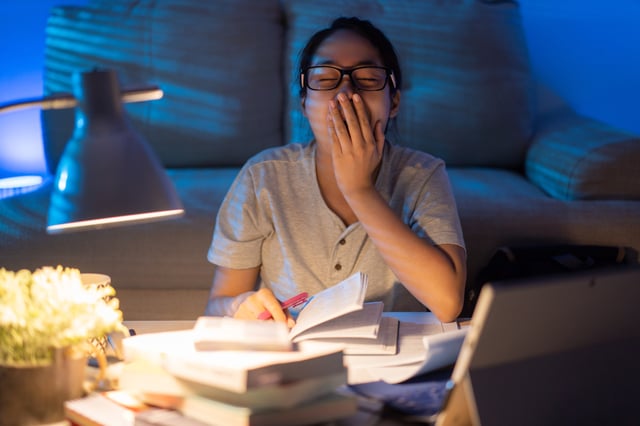Overview
- A University of Surrey study, published in PLOS ONE on March 19, 2025, found that night owls face a higher risk of depression compared to early risers.
- Poor sleep quality was identified as the strongest factor linking evening chronotypes to depression symptoms.
- Night owls scored lower on mindfulness traits, such as staying present and labeling emotions, which are crucial for emotional well-being.
- Social jetlag, caused by a mismatch between natural rhythms and societal schedules, contributes to fatigue and reduced mindfulness in night owls.
- Researchers recommend interventions like mindfulness training, improved sleep hygiene, and flexible schedules to support the mental health of young adults with evening chronotypes.


